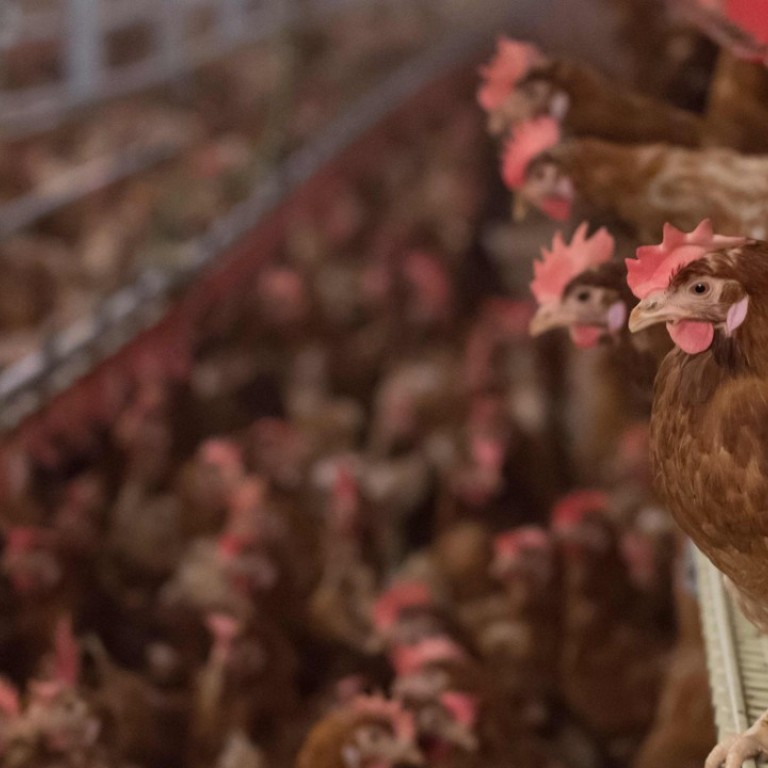
Dutch farmers count cost of contaminated eggs scandal, which spread all the way to Hong Kong
Millions of eggs have been pulled from supermarket shelves and destroyed across Europe and dozens of poultry farms closed
Europe’s contaminated egg scare has cost Dutch poultry farmers at least €33 million (US$39 million), according to a preliminary estimate by the government.
The scare, triggered by the presence of the insecticide fipronil in eggs, has spread to 18 European countries and even reached as far away as Hong Kong.
“Direct costs to the [Dutch] poultry sector where fipronil was used is estimated at €33 million,” Health Minister Edith Schippers and deputy economy minister Martijn van Dam said in a letter to parliament.
“Of this, €16 million is as a result of the subsequent ban while €17 million derives from measures to rid farms of fipronil contamination,” the ministers said.
Poultry farms on average suffered initial damages of €120,000, the ministers said.
Their findings are based on an investigation by Wageningen University’s Economic Research Unit.
The estimate does not include non-farmers in the poultry sector, nor does it take into account further losses in production by farms.
Lawmakers are due to debate the fall-out from the crisis on Thursday.
Earlier this month, a Dutch farming federation estimated total damages at at least €150 million.
The Dutch Farmers and Gardener’s Federation on Wednesday wrote a letter to Van Dam, saying farmers urgently needed assistance as they were facing financial ruin.
“The consequences for the affected businesses are huge,” said federation chairman Eric Hubers.
Watch: tainted eggs scandal hits Hong Kong
The businesses “are being hit by high costs and face bankruptcy if they get no financial support,” said Hubers, whose federation represents some 50,000 farmers across all sectors.
Millions of eggs have been pulled from supermarket shelves and destroyed across Europe and dozens of poultry farms closed since the discovery of contamination with fipronil was made public on August 1. Commonly used to get rid of fleas, lice and ticks from animals, fipronil is banned by the EU from use in the food industry.
The issue has sparked a row between Belgium, the Netherlands and Germany, the three countries at the centre of the crisis, about how long officials knew about the problem.

.png?itok=arIb17P0)